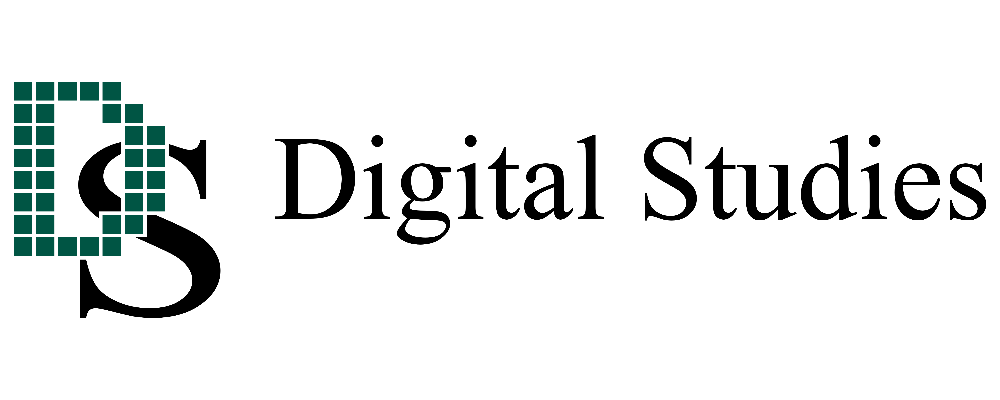Abstract
Rethinking the humanities in the digital era: ecological and organological perspectives
Session of December 9, 2014, recorded in the Centre Pompidou (Salle Triangle)
The cybernetization process which emerged in the middle of the 20th Century and the digital evolution of information and communication technologies in the beginning of the 21st Century are today resulting in a growing technicisation and reticulation of social and cognitive human environments and to their invasion by media technologies at all scales (“smart” and real-time evolving algorithmic environments, analysis of micro-sensitive data, colonization of daily life by “social networks”). Thus revealing the primary technical condition of human beings, this cybernetic becoming of contemporary environments imply to ask anew the ecological question and to rethink the Humanities, in the context of digital capitalism and hyper-industrial society.
The concept of participation has played a fundamental role in the theoretical attempts to describe the new forms of subjectivity, objectivity and agentivity distributed in these complex technological and reticular environments. This notion, by insisting on the prime and essential role of relationship and mediation, constitutes a pivot for a forthcoming “general ecology”, which allows re-considering the relationship between nature and technique and the associations between human and non-human agents. The possible reassessment of the concept of participation testifies a new conception of meaning, no longer thought from its mental side, interior or representative, but from its constitutive exteriority thanks to the concepts of opening, communication and indetermination. Erich Hörl will aim at revisiting two crucial origins of this “participative” conception of meaning: Lucien Lévy-Bruhl’s work about participation in the primitive mentality, and Gilbert Simondon’s ones regarding the speculative ecology of participation.
These fundamental transformations in the history of machines and thought demonstrate the link between the technology of an era and the conception this era has of the human and the world. The “human” would no longer be the name of a steady referent but the one of a series of cultural projections, generated by the proper techniques of each society and the dreams it raises. “Humanity” would not designate an exhaustively definable species but a horizon of possibilities towards which we incline intermittently. This idea of a “promise of the human”, always reinvented through its artificial prostheses, will lead Gerald Moore at the heart of the general organology, which constitutes a paradigm to think the reinvention of the Humanities at the digital age, and allows understanding their necessary transformation into digital studies.
Erich Hörl is a philosopher and a professor of media studies at the Institute for Culture and Aesthetics of Digital Media of the University of Leuphana (Germany). Student of Frederich Kittler (theoretician of media and founder of the German “media studies”), specialist of Simondon and the history of cybernetics, he works on the question of the “technological condition” of man, which implies to support a new ecological paradigm. He challenges the role of media theories within this “general ecology”, as well as its conceptual, political and institutional consequences.
Gerald Moore is a philosopher and a lecturer in the School of Modern Languages and Cultures at the University of Durham (United Kingdom), where he revisits the program of Digital Studies, aiming at redefining the political role of humanities and university in the digital era. He is currently working on the redaction of a manifesto for Digital Studies, The Digital Studies Manifesto. He is notably interested in the questions of pharmacology and general organology. He is the author of Politics of the Gift: Exchanges in Poststructuralism, Edinburgh University Press, 2011, Bernard Stiegler: Philosophy in the Age of Technology (forthcoming), and the co-director of the collective work Stiegler and Technics, Edinburgh University Press, 2013. He is a member of the association Ars Industrialis and of the network Digital Studies, and will present during the Entretiens du Nouveau Monde Industriel 2014 a paper on the theme: “Humanities and the computational turn of the hyperindustrial society”.
Video of the session
